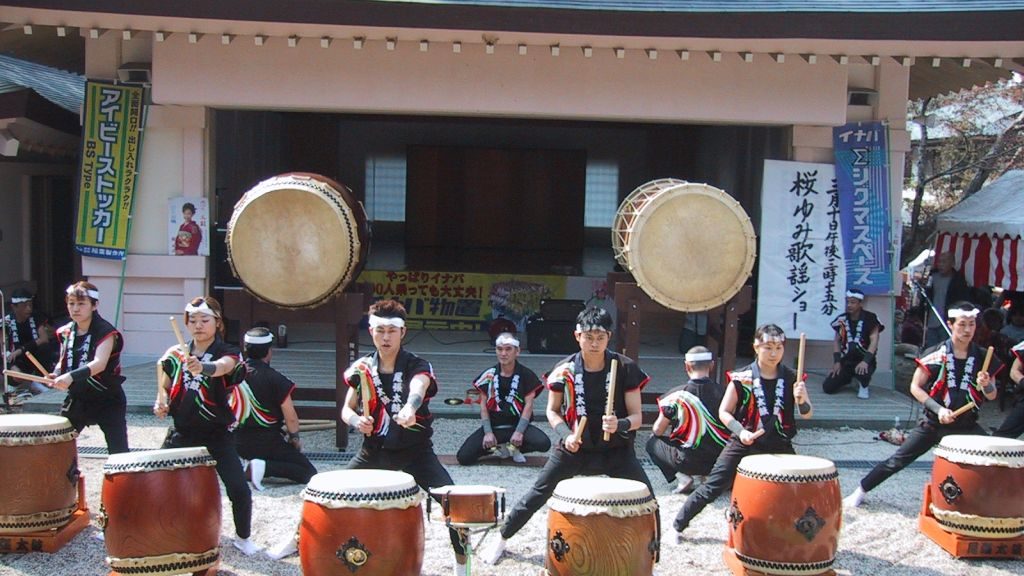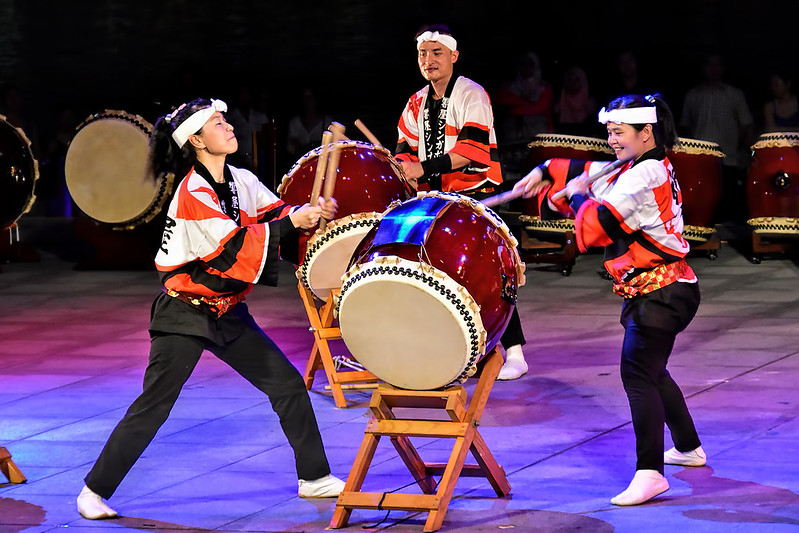By Anthea Xiao
At a young age, I was introduced to and fascinated by Japanese culture through the channel of Japanese animations such as Studio Ghibli films and Doraemon. Eager to learn more about the Japanese language and customs, I enrolled in Japanese as my foreign language class and took the initiative to study Japanese culture on my own. My Japanese teacher recognized my passion and introduced me to an exchange program, which allowed students to live with host families and experience life as a Japanese High School student. I quickly seized the opportunity, and in the summer of 2016, I embarked on an unforgettable journey to Kanazawa, Japan.
Prior to flying to Japan, I diligently memorized Japanese phrases applicable for specific situations, read countless articles regarding Japanese etiquette, and even watched host-exchange “horror-stories” online from other students to prepare myself for any undesirable scenarios.
My heart was leaping out of my chest with anxiety and excitement when I saw my host-family waving the sign “ようこそ, アンセア!” (Welcome, Anthea!) at airport gate. During the initial stage of my stay, my host-exchange experience was exceeded beyond my imagination and expectations. I tasted a diverse array of authentic Japanese cuisines (a superb bowl of ramen was only $5 USD!), I quickly bonded with classmates through organizations such as the student acapella and traditional tea ceremony club, and I was able to improve my language ability through practicing colloquial Japanese outside of a classroom setting.
However, despite enjoying my host situation, I found it difficult to feel completely at ease with my host-family. I had read in textbooks that it is impolite to address Japanese people in an intimate or casual manner upon initial greetings. Therefore, although my host-parents asked me to address them as “mother” and “father” just like my host-sister did, I insisted on calling them Mr. and Mrs. Yoshida in fear of breaching their existing family structure.
The phrase “迷惑” (meiwaku) means to burden or to cause inconvenience for others. In Japan, a collective and harmony-focused society, causing meiwaku is a taboo and could signal a person as self-centered and uncouth. To avoid being seen as a meiwaku to my host-family, I refrained from seeking for help when I had trouble finding the way home from school or did not understand how to operate machine devices at home.




